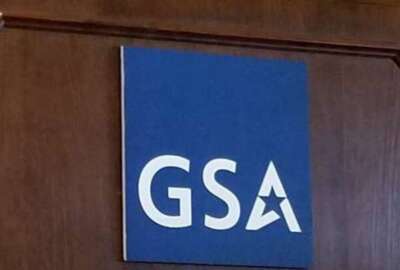Global defense contractor settles overbilling suit
Global defense contractor Science Applications International Corp. has agreed to pay $11.75 million to settle a federal civil claim alleging it overbilled the...
By JERI CLAUSING
Associated Press
ALBUQUERQUE, N.M. (AP) – Global defense contractor Science Applications International Corp. has agreed to pay $11.75 million to settle a federal civil claim alleging it overbilled the government for homeland security training programs under a more than decade-long scheme that was well-known among high-level executives.
U.S. Attorney Ken Gonzales on Thursday announced settlement of the lawsuit, which alleged systemic fraud in the program SAIC ran for the New Mexico Institute of Mining and Technology. The program trains emergency personnel to respond to terrorist attacks under a Department of Homeland Security grant program that saw major funding increases after Sept. 11.
Gonzales declined comment when asked if the Justice Department was investigating whether the alleged overbilling extended to other government-funded programs run by the defense contractor.
The lawsuit alleged SAIC told federal officials it was using mostly high-paid full-time employees with benefits when it was actually using cheaper part-time workers, enabling SAIC to keep costs low and profits excessive.
“Both the federal government and New Mexico Tech relied on SAIC to provide accurate information about its costs,” said Tim McCormack, an attorney with Phillips & Cohen, who brought the original suit on behalf of whistleblower Richard Priem. “We alleged that SAIC instead inflated its costs so that it could capture roughly one-third of New Mexico Tech’s total appropriation.”
Gonzales said the investigation indicated New Mexico Tech paid more than $63 million from $217 million in grants to SAIC to run the training program between 1998 and 2011.
Officials with SAIC, based in McLean, Va., declined to comment.
The lawsuit was originally filed under the whistleblower provisions of the False Claims Act by Priem, SAIC’s former project manager for the first responder training program. According to the lawsuit, when he discovered the fraud and asked that it stop, he was told that the company “was unwilling to do this because it would reveal that all of the prior submissions were false and SAIC then would be required to refund the overpayments.”
Priem said high-level executives were aware of the program and often fretted about getting caught.
According to documents in the case unsealed on Thursday, New Mexico Tech officials were unaware of the alleged misrepresentations.
Since the federal government joined the whistleblower suit, Priem is entitled to 15 to 25 percent of the settlement, according to the Washington law firm of Phillips & Cohen, which brought the original suit.
Gonzales said his share has not yet been determined. But he said the case highlights the law that provides an incentive for people to come forward to report fraud and waste.
“Obviously it is something that requires a lot of courage and we recognize that,” he said.
Gonzales said the settlement is believed to be the largest in New Mexico history under the whistleblower law.
Copyright © 2025 Federal News Network. All rights reserved. This website is not intended for users located within the European Economic Area.





